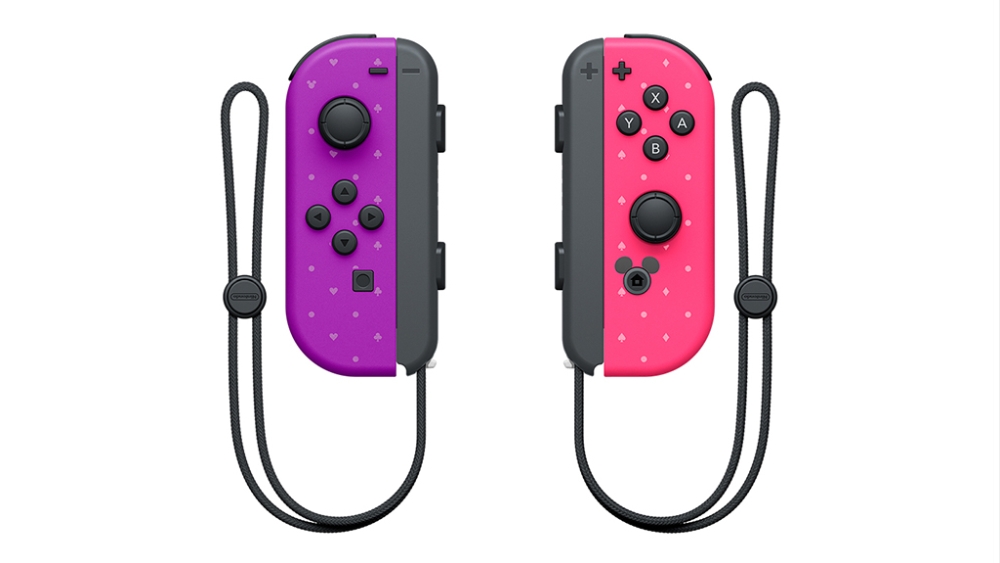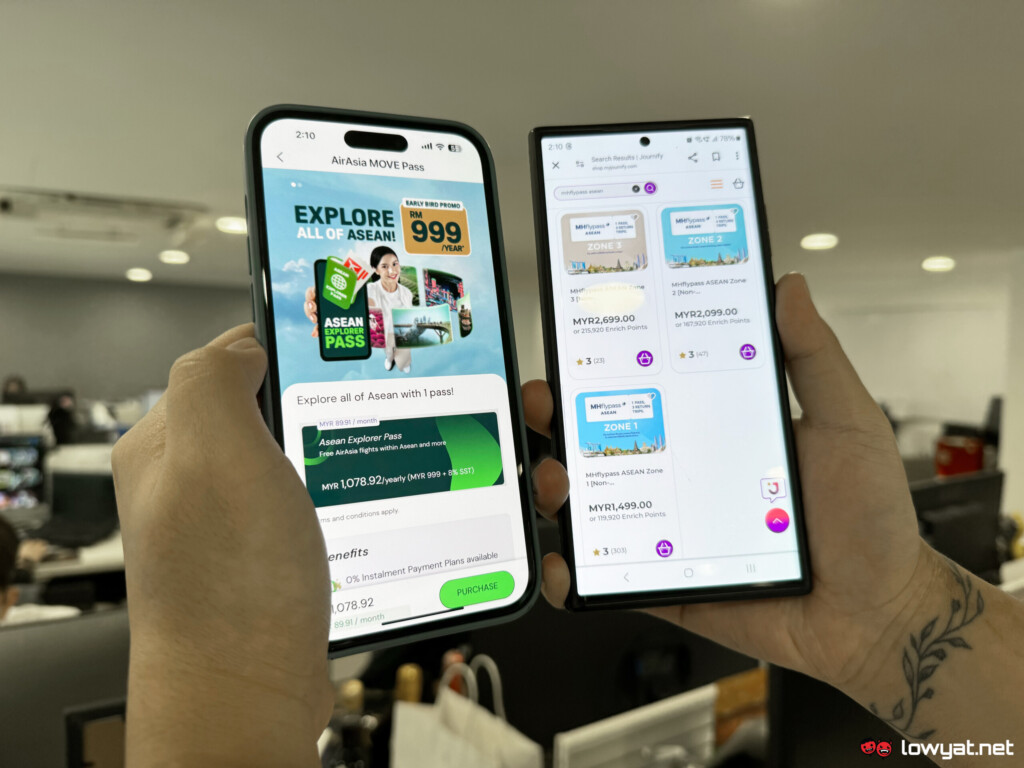Zach Braff Reacts to Critics Turning Against ‘Garden State,’ Plus Manic Pixie Dream Girl Backlash: ‘I Can’t Really Dwell on It’

Zach Braff Reacts to Critics Turning Against ‘Garden State,’ Plus Manic Pixie Dream Girl Backlash: ‘I Can’t Really Dwell on It’
Zach Braff was the toast of the 2004 Sundance Film Festival, where he emerged as an indie film wunderkind thanks to “Garden State.” The coming-of-age dramedy sold to Fox Searchlight for $5 million, double its production budget, and became a poster child for hip indies of the early aughts thanks to its Grammy-winning soundtrack and quirky characters. Flash forward to 2015, and Vice was celebrating the film’s anniversary with the following headline: “It’s the 10-Year Anniversary of Realizing ‘Garden State’ Sucked.”
Time has not been kind to “Garden State.” It’s the kind of film that now elicits groans and eye-rolls since its arty blocking (that wallpaper!) and alt-rock soundtrack have become worn out indie film cliches. Natalie Portman’s character, Sam, is often cited as one of the worst offenders of the “manic pixie dream girl” stereotype, which describes a quirky female character whose main narrative purpose is to save their male counterpart and teach him about the meaning of love and life. Nearly 20 years after the film’s debut, Braff confronted the backlash head on in a new interview with The Independent.
“I was just copying Diane Keaton in ‘Annie Hall’ and Ruth Gordon in ‘Harold and Maude,’” Braff said about Portman’s character. “Those were my two favorite movies growing up, and I was kind of taking those two female protagonists and melding them into Natalie Portman. Of course I’ve heard and respect the criticism, but… I was a very depressed young man who had this fantasy of a dream girl coming along and saving me from myself. And so I wrote that character.”
“I had OCD as a child,” Braff continued. “I knew I was battling something. That’s what writing ‘Garden State’ was about. I wasn’t as extreme as [my character] Andy, but I was certainly battling my own demons. As I was writing it, I was hoping I could survive what became known as the quarter-life crisis, and depression, and fantasizing that the perfect woman would come along and rescue me.”
Critics have turned strongly against “Garden State,” but Braff takes the bad reception in stride.
“I just feel lucky that I get to make stuff. I can’t really dwell on it,” Braff said. “Anyone who’s ever got a bad grade on an essay from a teacher can relate — just imagine it was out there in public, you know? No one said being a creative person was easy, but you have to be vulnerable and authentically yourself. Otherwise, what’s the point?”
“Your skin gets tougher,” Braff added about dealing with negative press. “When you’re young, you’re very vulnerable. But I’ve been doing this for 20 years now. You get used to it.”
Braff is currently making the press rounds in support of his latest directorial effort, “A Good Person,” starring Florence Pugh. The drama opens in theaters March 24 from MGM and Orion.
Related News & Content
-

Use wp.media templates to create totally custom modal
Use wp.media templates to create totally custom modal,Following up on this answer I'm trying to determine how to create a modal with completely unique menu items/content than the media modal. If you add a new state you can add a new menu tab and hav... Tags: media modal stackexchange.com WordPress Development Stack Exchange -

Get post by tag
Get post by tag,I want to get several post by tag. So I try to use get_posts() function: <?php $args = array( 'numberposts' => '3', 'post_status' => 'publish', 'tag' => 'travel' ); $ Tags: functions posts query posts stackexchange.com WordPress Development Stack Exchange -

Elementor + ACF: How to insert dynamic JSON-LD formatted code into ACF field without sanitizing the script tag?
Elementor + ACF: How to insert dynamic JSON-LD formatted code into ACF field without sanitizing the script tag?,On a normal website, I am able to add JSON-LD structured data, such as below, into a Elementor HTML widget, in a proper way. However, as soon as I insert JSON-LD format into an ACF field (Textarea)... Tags: advanced custom fields php stackexchange.com WordPress Development Stack Exchange -

Gutenberg InnerBlocks noallowedblocks on parent but allowedblock on Child
Gutenberg InnerBlocks noallowedblocks on parent but allowedblock on Child,This is a continuation of the following post: Custom Gutenberg block with nested InnerBlocks renderAppender not displaying add button I solved one problem but created a different problem. I'm recr... Tags: block editor plugin development stackexchange.com WordPress Development Stack Exchange -

Delay Issue: Using Wget with JSON Endpoint – Need Help Understanding Headers
Delay Issue: Using Wget with JSON Endpoint – Need Help Understanding Headers,On a WooCommerce website, I have a REST endpoint created with register_rest_route that returns a JSON response. To perform a routine with a certain frequency and urgency, I have added this instruct... Tags: rest api stackexchange.com WordPress Development Stack Exchange -

How do I change top header background color
How do I change top header background color,Please refer to website: https://virginiafrank.com I cannot get the top header background color (or phone numbers) to change color. I would prefer the background gold and text black. I can't make t... Tags: headers stackexchange.com WordPress Development Stack Exchange -

How to display the_tags() as plain text
How to display the_tags() as plain text,the_tags by default is displaying as URL. I need to display it as plain text to insert inside HTML attribute. <?php $tag = the_tags(''); ?> <div class="image-portfolio" data-section... Tags: stackexchange.com tags WordPress Development Stack Exchange -

Give to site admin the option to "skip confirmation email" when adding new user
Give to site admin the option to "skip confirmation email" when adding new user,in wordpress multisite when we give to site admin the option to add new users, site admin dont have the "checkbox" to add the new user without sending the user email with link activation (see the Tags: email verification multisite stackexchange.com users WordPress Development Stack Exchange -
Facing Hamas and Tehran, Israel is left with only vengeful madness | Opinion
Facing Hamas and Tehran, Israel is left with only vengeful madness | Opinion,Despite the Terrible Disaster on October 7, and the Failures It Exposed, Israel Is Still Convinced That the Image of the Mad Man Will Ensure Its Security -

Carol Kirkwood stuns in figure-hugging dress amid BBC Breakfast technical chaos
Carol Kirkwood stuns in figure-hugging dress amid BBC Breakfast technical chaos,CAROL Kirkwood stunned in a figure-hugging dress amid a technical blunder. BBC Breakfast was flung into chaos this morning after a string of sound issues. However Carol, 61, was all smiles as she p… Tags: BBC BBC Breakfast BBC ONE Carol Kirkwood mirror.co.uk The Scottish Sun TV News TV UK daytime TV -

Families ‘to sue prison’ where loud inmates ‘terrorise kids’ with screaming
Families 'to sue prison' where loud inmates 'terrorise kids' with screaming,Residents living next door to a new prison who say their kids have to sleep wearing headphones and some leave during weekends due to the racket are threatening to sue the prison service Tags: mirror.co.uk Neighbours from hell prisons Scottish government The Mirror -

Doctor Strange’s Secret Wars Role May Be More Important Than You Thought – Looper
Doctor Strange's Secret Wars Role May Be More Important Than You Thought - Looper,According to entertainment leaker Alex Perez, Doctor Strange will find himself confronting his inner struggles as he headlines "Avengers: Secret Wars." Tags: Fiction Looper looper.com Marvel Cinematic Universe Science Star Wars The Universal Monsters franchise -

Choctaw artist Jeffrey Gibson confronts history at US pavilion as its first solo Indigenous artist
Choctaw artist Jeffrey Gibson confronts history at US pavilion as its first solo Indigenous artist,Jeffrey Gibson’s takeover of the U.S. pavilion for this year’s Venice Biennale contemporary art show is a celebration of color, pattern and craft Tags: 109377793 abcnews.go.com Article Entertainment General news Indigenous people Keycat Keytags Race and ethnicity U.S. News visual arts World news -

Mexican film wins top prize at Moscow International Film Festival while major studios boycott Russia
Mexican film wins top prize at Moscow International Film Festival while major studios boycott Russia,A Mexican film has won the top prize at the Moscow International Film Festival which took place as major Western studios boycott the Russian market and as Russia’s war in Ukraine grinds into its third year Tags: 109702159 abcnews.go.com Article Entertainment Fairs and festivals General news Keycat Keytags Movies Russia Ukraine war World news -

‘What Jennifer Did’: Netflix doc explores shocking Ont. murder-for-hire case
'What Jennifer Did': Netflix doc explores shocking Ont. murder-for-hire case,Most of Jennifer Pan's entire life was made up of lies. When her parents began to catch on, she decided to bring in hired hitmen. Tags: Crime Entertainment Global News globalnews.ca Jennifer Pan jennifer pan now Trending What jennifer did what jennifer did netflix -

What’s behind the lack of enthusiasm for this year’s music festivals?
What's behind the lack of enthusiasm for this year's music festivals?,The public sentiment about this year's crop of music festivals is an overwhelming "meh." There are good reasons for this. Tags: Coachella Entertainment glastonbury Global News globalnews.ca lollapalooza Music festivals News -

Nintendo Switch 2 May Have Its Joy-Cons Attach Magnetically
Nintendo Switch 2 May Have Its Joy-Cons Attach Magnetically,Spanish site Vandal claims that the Nintendo Switch 2 will have its Joy-Cons attach magnetically, rather than the current slide-in mechanism. Tags: controller Filed under joy con lowyat.net Magnetic Nintendo Switch 2 -

ASEAN Travel Passes: AirAsia Vs Malaysia Airlines
ASEAN Travel Passes: AirAsia Vs Malaysia Airlines,AirAsia recently announced its new travel pass called the ASEAN Explorer Pass, which is an annual subscription that gives customers an unlimited number Tags: AirAsia ASEAN asean explorer pass Filed under flight lowyat.net Malaysia Airlines MHflypass Travel travel pass
Warning: file_get_contents(https://www.scienceradars.com/wp-output-content.php?pg=1&cat=&kw=&lvl=): Failed to open stream: HTTP request failed! HTTP/1.1 526 in /home/wwwroot/xuenou.com/wp-content/themes/chromenews/template-parts/content.php on line 169
Warning: file_get_contents(https://www.bayuexiang.com/wp-output-content.php?pg=1&cat=&kw=&lvl=): Failed to open stream: HTTP request failed! HTTP/1.1 526 in /home/wwwroot/xuenou.com/wp-content/themes/chromenews/template-parts/content.php on line 173
TrendRadars
The Most Interesting Articles, Mysteries and Discoveries

Nintendo Switch 2 May Have Its Joy-Cons Attach Magnetically

DJI Mini 4K Quietly Launches In The US

Maison Martell Takes You On A New Adventure With The Martell Single Cru Collection
![[VIDEO] Gelagat Che Ta Tunggu Aaisyah Bersiap Cetus Perhatian Ramai!-“Tengok Penampilan, Tercampaklah Mak Hang!” [VIDEO] Gelagat Che Ta Tunggu Aaisyah Bersiap Cetus Perhatian Ramai!-“Tengok Penampilan, Tercampaklah Mak Hang!”](https://i0.wp.com/murai.my/wp-content/uploads/2024/04/25DCA8CF-C629-4DCA-8597-2CA8819D9297.jpg?resize=150%2C150&ssl=1)
[VIDEO] Gelagat Che Ta Tunggu Aaisyah Bersiap Cetus Perhatian Ramai!-“Tengok Penampilan, Tercampaklah Mak Hang!”




















![[VIDEO] Reaksi Tunku Azizah Sambut Birthday Anakanda Tengku Puteri Jihan, Raih Perhatian Ramai! [VIDEO] Reaksi Tunku Azizah Sambut Birthday Anakanda Tengku Puteri Jihan, Raih Perhatian Ramai!](https://i0.wp.com/murai.my/wp-content/uploads/2024/04/Untitled-design-27.jpg?fit=300%2C300&ssl=1)










![[VIDEO] Nadhir Nasar Sambut Birthday Tengku Ameera Cetus Perhatian Ramai”- Nak Kena Bersaing Dengan Kerabat Pulak, Hmm” [VIDEO] Nadhir Nasar Sambut Birthday Tengku Ameera Cetus Perhatian Ramai”- Nak Kena Bersaing Dengan Kerabat Pulak, Hmm”](https://i0.wp.com/murai.my/wp-content/uploads/2024/04/D3415DF6-2464-4794-880F-841EB898C969.jpg?w=768&ssl=1)































